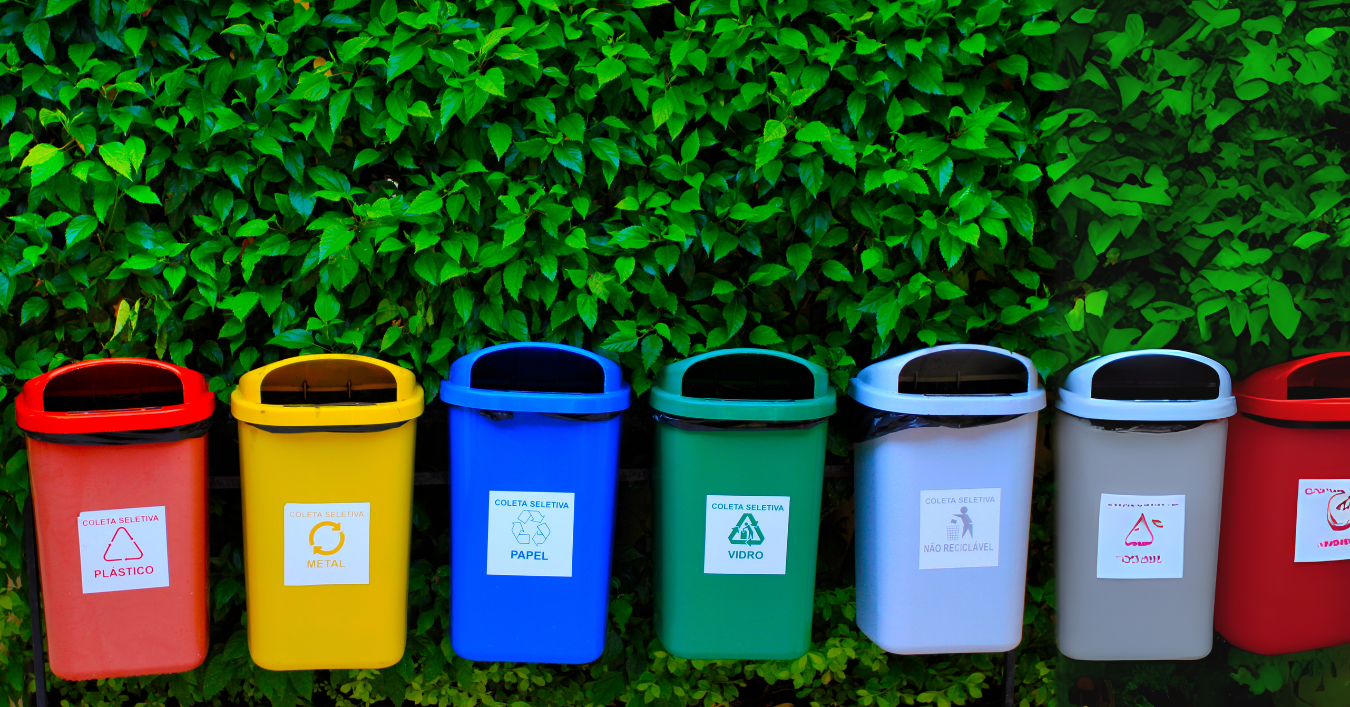
Level 1 Award in Fundamentals of Solid Waste Management
- Gain foundational knowledge of solid waste management practices, including waste generation, handling, treatment, and disposal.
- Understand the environmental, economic, and social impacts of waste and how to mitigate these effects through effective waste management strategies.
- Learn about recycling, waste minimization, and the role of technology in waste management.
- Prepare for further studies or a career in the waste management, recycling, or environmental sectors.
- Understand the basic principles of solid waste management and its importance in environmental conservation.
- Be familiar with the various types of solid waste, including household, industrial, hazardous, and medical waste.
- Gain knowledge of the processes involved in waste collection, segregation, recycling, treatment, and disposal.
- Understand sustainable waste management practices and strategies to minimize the environmental impact of waste.
- Be aware of global and local regulatory frameworks that govern solid waste management.
- Introduction to Solid Waste Management
- Overview of solid waste, its types, and the need for effective management.
- Key principles of sustainable waste management and resource conservation.
- Waste Generation and Classification
- Understanding the various types of waste and their sources (municipal, industrial, agricultural, etc.).
- Classification of waste based on its composition, hazards, and recycling potential.
- Waste Collection, Transport, and Segregation
- Study of waste collection methods and strategies for segregation at the source.
- Understanding the role of transportation in the waste management chain.
- Recycling and Resource Recovery
- Introduction to recycling processes for various materials such as paper, plastics, metals, and glass.
- Role of resource recovery in reducing landfill waste and promoting circular economy principles.
- Waste Treatment and Disposal
- Overview of waste treatment methods, including composting, incineration, and landfilling.
- Understanding the environmental impacts of improper disposal and the importance of eco-friendly waste treatment practices.
- Environmental and Social Impacts of Waste
- Study of the environmental effects of solid waste, including pollution, land degradation, and health risks.
- Social and economic implications of inadequate waste management in urban and rural areas.
- Sustainable Waste Management Practices
- Introduction to sustainable waste management strategies like waste reduction, composting, and waste-to-energy technologies.
- Role of public awareness and community involvement in sustainable waste management.
- Progress to further study in environmental management, waste management, or sustainable development.
- Work in entry-level positions in waste management companies, municipal authorities, or environmental consultancies.
- Pursue careers in the public and private sectors, focusing on waste management planning, recycling programs, or environmental protection.
- Foundational Knowledge: This course provides a solid foundation in waste management principles, which can be applied to various industries, from municipal waste systems to industrial waste handling.
- Practical Insight: Learn through practical case studies and examples of real-world waste management challenges and solutions.
- Expert Instructors: Learn from experienced professionals with extensive backgrounds in environmental and waste management fields.
- Globally Recognized Certification: Enhance your qualifications with an internationally recognized certification that can open doors to opportunities in the growing waste management industry.
Study Units
- Introduction to Solid Waste Management
- Overview of solid waste, its types, and the need for effective management.
- Key principles of sustainable waste management and resource conservation.
- Waste Generation and Classification
- Understanding the various types of waste and their sources (municipal, industrial, agricultural, etc.).
- Classification of waste based on its composition, hazards, and recycling potential.
- Waste Collection, Transport, and Segregation
- Study of waste collection methods and strategies for segregation at the source.
- Understanding the role of transportation in the waste management chain.
- Recycling and Resource Recovery
- Introduction to recycling processes for various materials such as paper, plastics, metals, and glass.
- Role of resource recovery in reducing landfill waste and promoting circular economy principles.
- Waste Treatment and Disposal
- Overview of waste treatment methods, including composting, incineration, and landfilling.
- Understanding the environmental impacts of improper disposal and the importance of eco-friendly waste treatment practices.
- Environmental and Social Impacts of Waste
- Study of the environmental effects of solid waste, including pollution, land degradation, and health risks.
- Social and economic implications of inadequate waste management in urban and rural areas.
- Sustainable Waste Management Practices
- Introduction to sustainable waste management strategies like waste reduction, composting, and waste-to-energy technologies.
- Role of public awareness and community involvement in sustainable waste management.
Upon completing this award, learners will:
- Understand the basic principles of solid waste management and its importance in environmental conservation.
- Be familiar with the various types of solid waste, including household, industrial, hazardous, and medical waste.
- Gain knowledge of the processes involved in waste collection, segregation, recycling, treatment, and disposal.
- Understand sustainable waste management practices and strategies to minimize the environmental impact of waste.
- Be aware of global and local regulatory frameworks that govern solid waste management.
This introductory award is ideal for individuals at the early stages of their environmental or waste management journey. It is suitable for:
Aspiring Environmental and Waste Management Professionals
Individuals seeking a foundational understanding of waste management practices to prepare for further qualifications or a career in the sector.
Municipal and Community Workers
Staff involved in local waste collection, segregation, and environmental awareness initiatives who want to enhance their understanding of sustainable waste practices.
Students and School Leavers
Young learners looking to explore careers in environmental science, public health, or sustainability-related fields.
Volunteers and NGO Workers
Those engaged in community clean-up projects, environmental awareness campaigns, or working with non-profits focused on waste management and sustainability.
Facility and Building Maintenance Staff
Employees responsible for waste handling in buildings, institutions, or industrial settings who require a basic understanding of solid waste management processes.
Public Health and Sanitation Assistants
Workers supporting hygiene and sanitation programs, especially in urban or rural development contexts, who need insight into the environmental and health aspects of solid waste.
Environmentally-Conscious Individuals
Anyone interested in contributing to a cleaner and greener community by learning how to manage household or workplace waste responsibly.
Our assessment process is designed to ensure every learner achieves the required level of knowledge, skills, and understanding outlined in each course unit.
Purpose of Assessment
Assessment helps measure how well a learner has met the learning outcomes. It ensures consistency, quality, and fairness across all learners.
What Learners Need to Do
Learners must provide clear evidence that shows they have met all the learning outcomes and assessment criteria for each unit. This evidence can take different forms depending on the course and type of learning.
Types of Acceptable Evidence
Assignments, reports, or projects
Worksheets or written tasks
Portfolios of practical work
Answers to oral or written questions
Test or exam papers
Understanding the Structure
Learning outcomes explain what learners should know, understand, or be able to do.
Assessment criteria set the standard learners must meet to achieve each learning outcome.
Assessment Guidelines
All assessment must be authentic, current, and relevant to the unit.
Evidence must match each assessment criterion clearly.
Plagiarism or copied work is not accepted.
All learners must complete assessments within the given timelines.
Where applicable, assessments may be reviewed or verified by internal or external quality assurers.
Full learning outcomes and assessment criteria for each qualification are available from page 8 of the course handbook.
Top Courses
No results found.
Related Courses
Let's Get in touch
Deleting Course Review
Course Access
This course is password protected. To access it please enter your password below:



